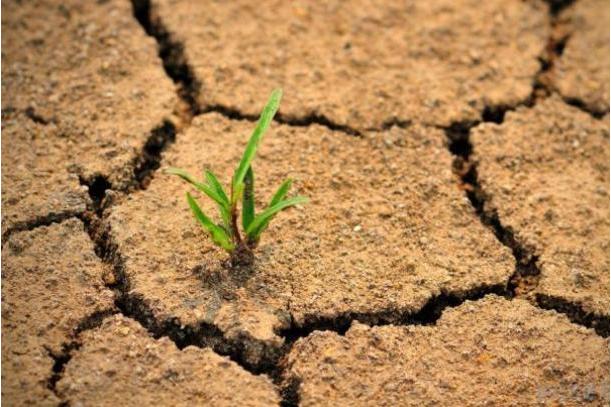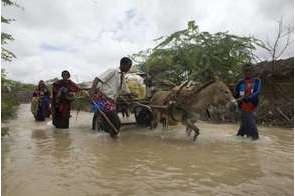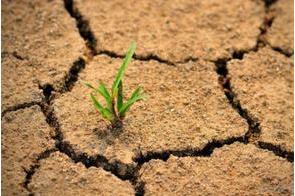Scientists say 2018 was fourth warmest year on record since 1850

Summary
According to the Berkeley Earth’s report, 2019 is expected to be warmer than 2018.
Berkeley Earth, a non-profit research organisation, disclosed on Thursday that 2018 was the fourth warmest year on record since 1850. The global mean temperature in 2018 was 58.93F (14.96°C), which is warmer than any year in the second half of the 19th century and also warmer than any year in the 20th century.
2018 was also warmer than any year in the first decade of this century. According to the scientists, only 2016, 2017 and 2015 were warmer than last year. That means 2018 was slightly colder than the preceding three years.
“Since 2018 was colder than 2015 by only 0.04°C, the ranking of 3rd versus 4th warmest year can reasonably be regarded as ambiguous,” the report said. “Every month in 2018 was at least 0.67°C warmer than the 1951 to 1980 average, but no month in 2018 set a new monthly record for the globe.”
In the evolution of Earth's surface temperature from 1850 to 2018, 2016 remains the warmest year. The slight decline in 2018 reflects the short-term natural variability, but the overall pattern remains consistent with a long-term trend towards global warming.
Another report published by the European Union’s Copernicus Climate Change Service on January 7 also found 2015-2018 to be the hottest years on record.
According to the Berkeley Earth’s report, 2019 is expected to be warmer than 2018. “There is up to 50 per cent likelihood that 2019 will become the 2nd warmest year since 1850,” the report says.
Last year, the Intergovernmental Panel on Climate Change (IPCC) had called for urgent action within the next 12 years to limit the devastating effects of global warming.
The global mean temperature is currently at 1.2°C above pre-industrial levels. This level of warming has already led to extreme weather events such increased heat waves and increased intensity and frequency of precipitations.
The IPCC warned that an additional increase above 1.5°C by the end of the century will significantly worsen the risks of drought, floods, extreme heat and poverty for hundreds of millions of people. Malaria and dengue fever will be more widespread and the yields of staple crops like maize, rice and wheat will be smaller, particularly in sub-Saharan Africa.
Related
-
Electrolux launches care label to promote sustainable laundry habits
The new care label, called Don’t Overwash, was launched in partnership with players in the fashion industry.
-
Climate Refugees are human face of global warming
State of the World 2015 investigates hidden threats to sustainability, including economic and environmental challenges.
-
2019 was second warmest year on record – EU climate service
The report also said the last decade (2010-2019) was the warmest since records began.








